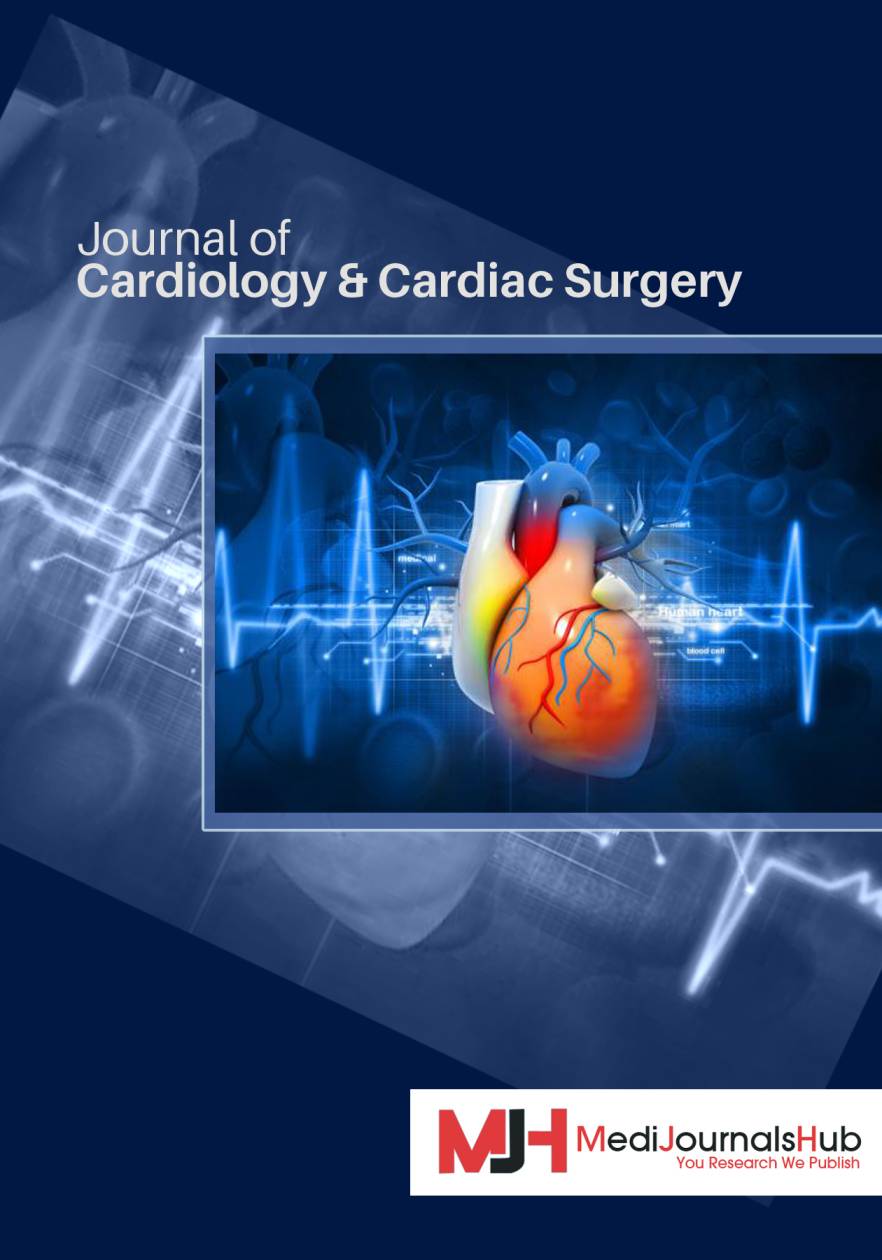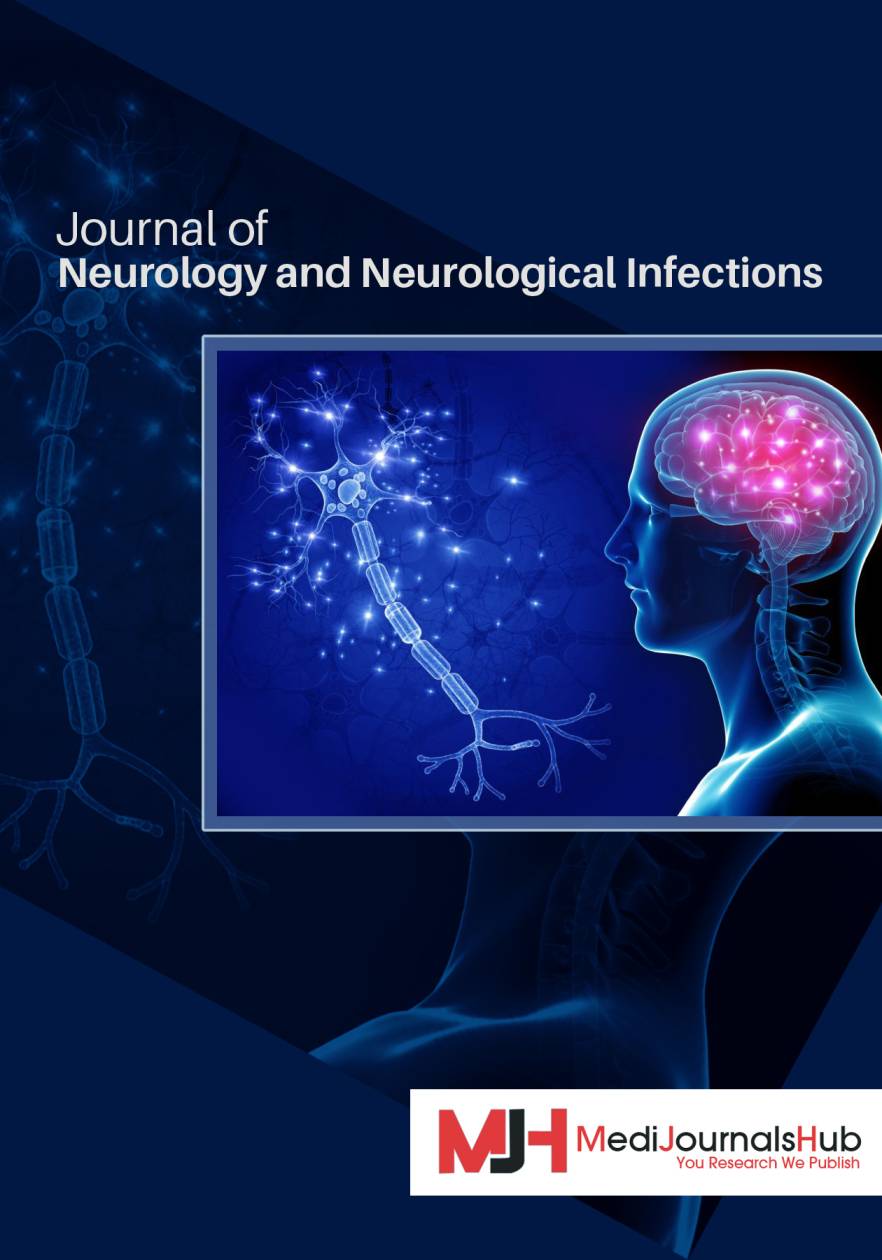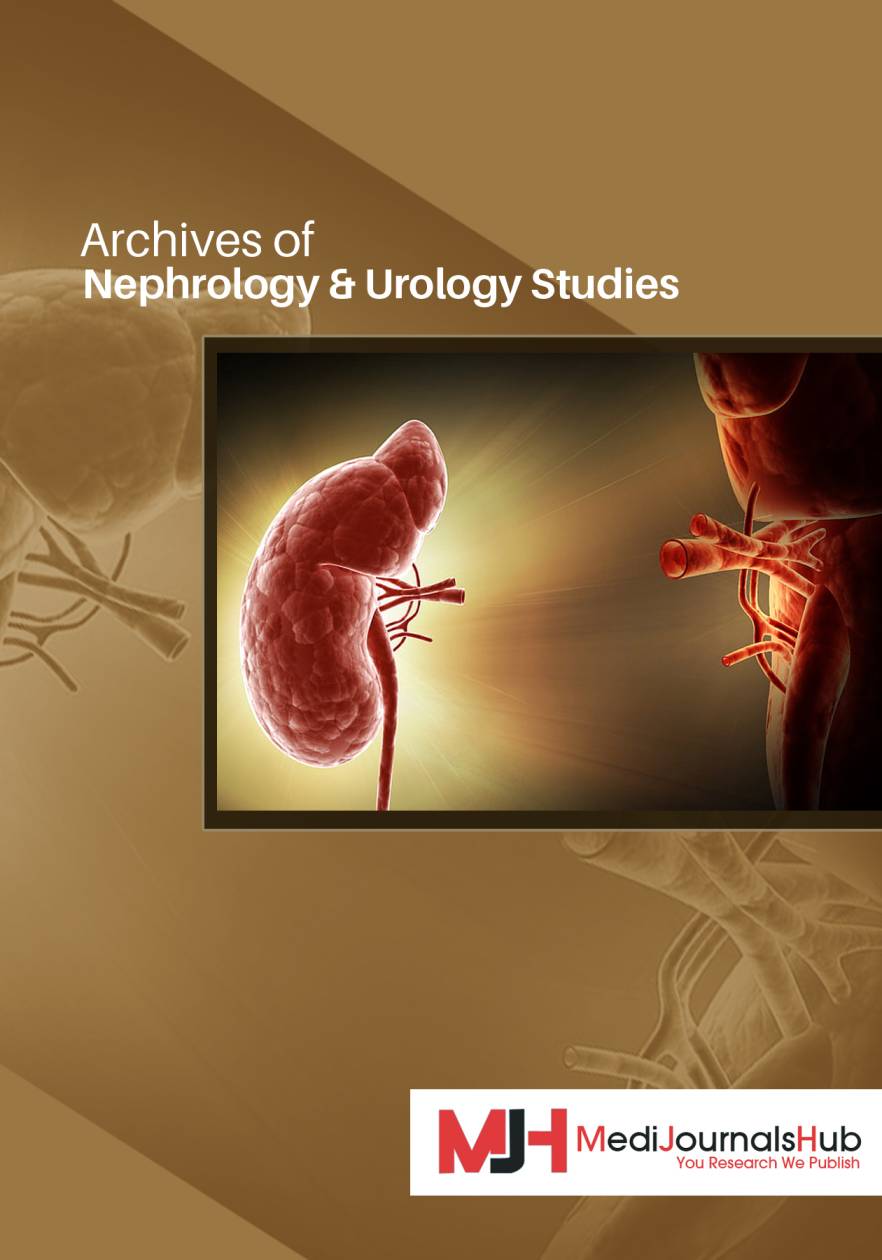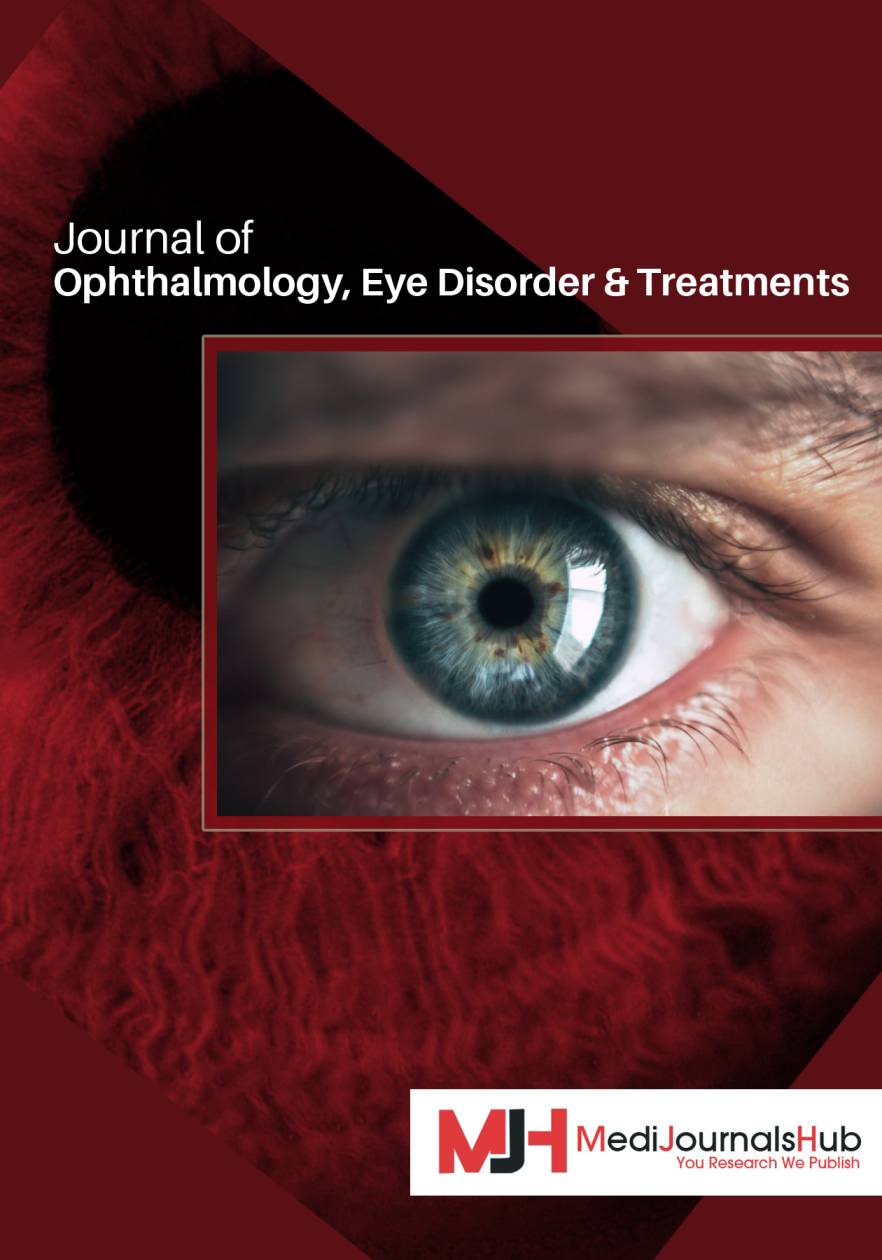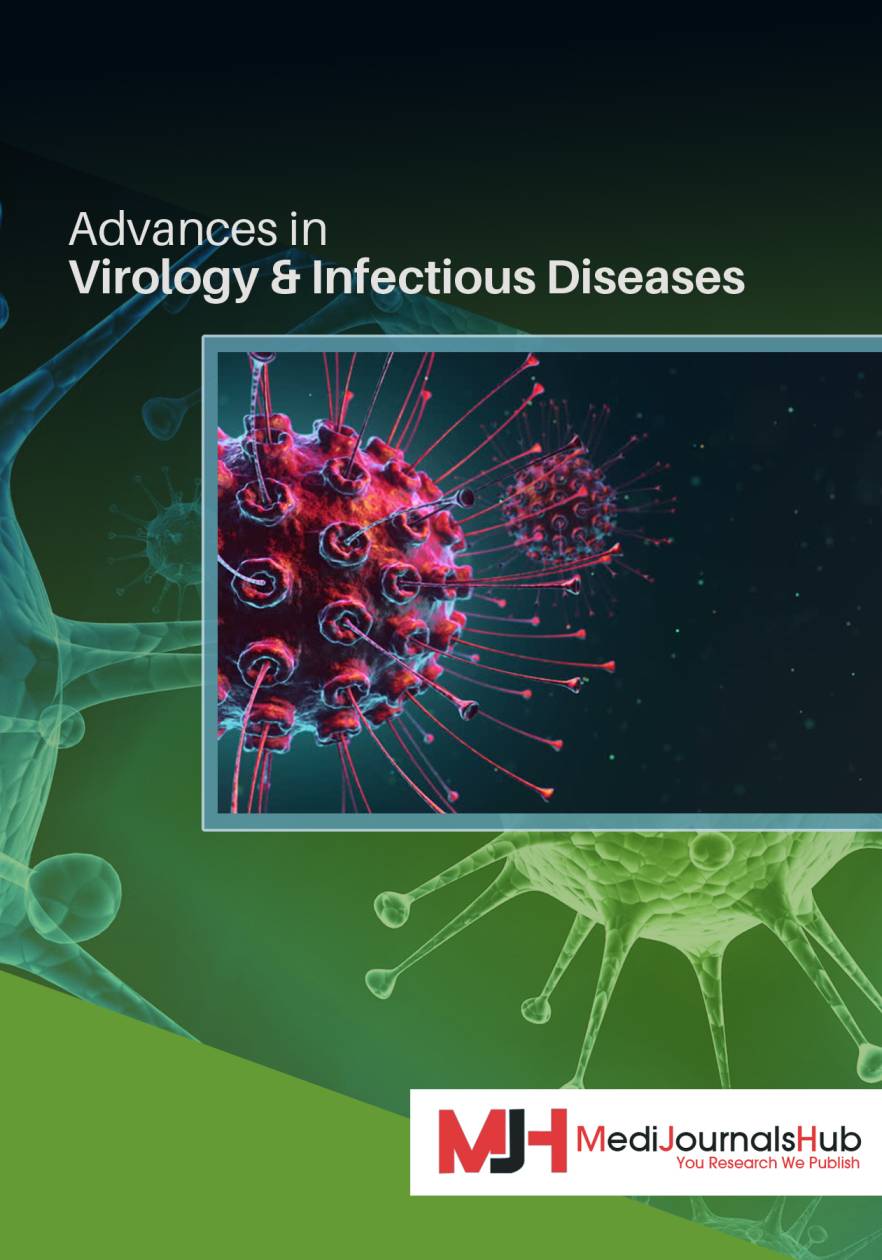- Open-Access Publishing
- Quality and Potential Expertise
- Flexible Online Submission
- Affordable Publication Charges
- Expertise Editorial Board Members
- 3 Week Fast-track Peer Review
- Global Visibility of Published Articles
Cardiovascular Clinical Research must go on even in the Outbreak of COVID-19
John Jairo Araujo*
Department of Pediatric and Adult Congenital Heart Disease, Somer Incare Cardiovascular Center, Rionegro, Colombia
*Corresponding Author: John Jairo Araujo, Department of Pediatric and Adult Congenital Heart Disease, Somer Incare Cardiovascular Center, Rionegro, 054040, Colombia, E-mail: johnjairoaraujo@gmail.com
Received date: April 12, 2021; Accepted date: April 22, 2021; Published date: April 27, 2021
Citation: Araujo JJ (2021) Cardiovascular Clinical Research must go on even in the Outbreak of COVID-19. J Card Cardi Sur. 1:02.
Copyright: © Araujo JJ. This is an open-access article distributed under the terms of the Creative Commons Attribution License, which permits unrestricted use, distribution, and reproduction in any medium, provided the original author and source are credited.
Keywords
Pandemic, COVID 19, Cardiovascular research
Description
The coronavirus disease 2019 (COVID-19) pandemic took humanity by surprise after it was declared a pandemic by the World Health Organization (WHO) in March 2020 [1,2]. The first case of the novel coronavirus disease in the Americas was reported on January 20, 2020 in the United States (U.S.) [3]. Subsequently, cases were reported in all North, Central and South American countries and, finally, in the Caribbean islands [4].
Since then, many changes have occurred as the disease has developed worldwide, beginning with quarantine measures in China, followed by Italy, the rest of Europe, America, Asia and Oceania. Air, sea and land borders between the world’s countries have been closed. Although these measures were decreed in the context of a state of declared quarantine in each country to mitigate the spread of the infection and avoid the collapse of healthcare systems, they have not been free of collateral effects.
Particularly with regard to medical research, and especially cardiovascular medicine, the pandemic brought a complete change of direction for cardiologists and cardiovascular surgeons, as well as other specialists in the various fields of cardiology. When the COVID-19 pandemic began, the common denominator of the infection was the development of a severe pulmonary infection and respiratory distress. After this, severe decompensation of cardiovascular diseases and increased mortality due to this cause were reported [5]. In other words, it went from being a pulmonary or respiratory disease to a multisystemic disease with significant cardiovascular effects. Consequently, we cardiologists are obliged to learn, study and research the behavior of the virus and the cardiovascular system. To date, many articles have been published on the behavior of the virus, its cytopathic effects, inflammatory response, and treatments, among others [6,7]. This transformation into a new disease for which we were not prepared results in other diseases no longer being studied or having their studies delayed. This collateral effect of the pandemic can be seen in the progress of research in other areas of cardiovascular medicine [8]. There were also changes in local and national health policies in all affected countries, with policies and priorities for economic and logistical resources being assigned to the pandemic. Therefore, all other diseases, including cardiovascular diseases, became secondary. Another important point was the closure or significant decrease in outpatient care services, as the vast majority of clinics and hospitals completely closed all outpatient hospital services in order to prevent crowding in enclosed spaces. Consequently, only emergency and intensive care services remained active [9]. Likewise, the infection of healthcare personnel responsible for care was significant. Another important effect was the transformation of specialized hospitals into COVID hospitals. In most countries, the best specialized hospitals, including cardiovascular centers, tend to have the best infrastructure and supply of resources. The number of beds, personnel, operating rooms, intensive care units and healthcare personnel tends to be large. The policies adopted by healthcare authorities made these centers reference hospitals for patients infected with the SARS-CoV-2 virus, now calling them “COVID hospitals”. In the academic setting, cardiology fellow training programs are undergoing transformations worldwide. In the U.S., the Accreditation Council for Graduate Medical Education (ACGME) is allowing institutions to self-declare Pandemic Emergency Status. The fellows- in-training are learning about cardiovascular manifestations of the SARS-CoV-2 virus, including myocardial injury, myopericarditis, heart failure, arrhythmias, and thrombophilias in real time and through international reports [10]. Due to all of this, most inpatient and outpatient health studies are experiencing major delays, at least until the vaccination goals set by each country are achieved, and normal life may be safely resumed. For now, some research projects in clinical or therapeutic settings are being carried out under strict biosafety protocols implemented by their respective healthcare institutions. This results in studies not having the same dynamics as before, which may affect the final results. They are also conditioned by the behavior of the pandemic which leads to various countries opening and closing quarantine measures over and over. Virtual meetings have become an alternative for the scientific community, and keep research interest alive.
For all researchers who turn adversities into an ally for their professional growth, the Journal of Cardiology & Cardiac Surgery is founded as an interdisciplinary open access online journal dealing mainly with the heart and related fields including surgical aspects, cardiac diseases, cardiovascular manifestations, and medicine. The journal opens the door to cardiovascular research in all fields such as cardiac electrophysiology, echocardiography, interventional cardiology, coronary artery disease, heart rhythm and arrhythmias, myocardial biology/heart failure, and congenital heart defects, among others.
The COVID-19 pandemic surprises us every day with its constant change around the world. Our purpose is to be prepared and aware that the virus has arrived to stay, know how to adapt, and continue providing health care. COVID-19 transformed our world, but it has not quenched our desire to research, progress and study. Cardiovascular clinical research must go on.
References
1. Huang C, Wang Y, Li X, Ren L, Zhao J, et al. Clinical features of patients infected with 2019 novel coronavirus in Wuhan, China. The Lancet. 395(1023): 497-506 (2020).
2. World Health Organization (2019-nCoV) Novel Coronavirus-Situation report.
3. COVID-19 Situation Reports-PAHO/WHO | Pan American.
4. Burki TK. COVID-19 in the Caribbean. Lancet Respir Med. 9(4): e46 (2021).
5. Madjid M, Safavi-Naeini P, Solomon SD, Vardeny O. Potential effects of coronaviruses on the cardiovascular system: A Review. JAMA Cardiol. 5(7): 831-40 (2020).
6. Long B, Brady WJ, Koyfman A, Gottlieb M. Cardiovascular complications in COVID-19. Am J Emerg Med. 38(7): 1504-07 (2020).
7. Bansal M. Cardiovascular disease and COVID-19. Diabetes Metab Syndr. 14(3): 247-50 (2020).
8. Van Bulck L, Kovacs AH, Goossens E, Luyckx K, Jaarsma T, et al. Impact of the COVID-19 pandemic on ongoing cardiovascular research projects: considerations and adaptations. Eur J Cardiovasc Nurs. 19(6): 465-68 (2020).
9. Fersia O, Bryant S, Nicholson R, McMeeken K, Brown C, et al. The impact of the COVID-19 pandemic on cardiology services. Open Heart. 7(2): e001359 (2020).
10. DeFilippis EM, Stefanescu Schmidt AC, Reza N. Adapting the educational environment for cardiovascular fellows-in-training during the COVID-19 Pandemic. J Am Coll Cardiol. 75(20): 2630-34 (2020).

